We are often asked “What is the “f” word and what is the key differences between licensing and franchising?”
On a very basic level, licensing and franchising both deal with the selling of certain intellectual properties, whether software, trademark, or business process and systems, to third parties. However, franchising, under the watchful eye of the ACCC, offers a much greater control by the IP owner than licensing.
For a business that is seeking to grow their brand whether within Australia or Internationally, franchising supports a methodology that can potentially allow you to reach a larger size in a relatively short period of time due to:
- Greater leveraging of your Intellectual Property, systems and processes
- Faster growth with less financial risk and less of your own funds and sales representatives
- Continual development as you partner with like minded individuals – enhance your human resources
- Accessing difficult local markets
- Sharing your success with others
- Increased marketing spend and power
- Increased brand awareness, strength and viability
- Financial rewards after critical mass for stakeholders
Whereas Licensing in most cases only distributes goods and services and the licensee does not retain rights to use the licensor trademark and licensees usually don’t receive exclusive territorial rights.
The licensor is often free to sell similar licenses and products to other people in the same geographic area. Licensees don’t usually receive much in the way of training or ongoing support from the licensor.
On the other side, license opportunities are often less expensive than franchises in both the upfront investment and ongoing fees. The major negative aspect of licensing is a lack of control over licensees to get them to follow crucial systems such as sales techniques, which can eventually hinder the success of the operator and the business.
Businesses need to be aware of their crucial success factor within their business.
For example, if it is a critical component for the business to respond to client enquiries and address how they service clients every time, then to duplicate this level of service would usually require comprehensive training and strict compliance to business systems. This would normally not occur within a licensing relationship.
In order to enable third parties to conduct business in accordance with the business methodology and business system, third parties must be licensed to use a range of business know-how and intellectual property (such as software, documentation, trademarks and so on). It is therefore clear that a license agreement is required.
A franchise agreement is, in essence, a license agreement, but one that is regulated by the Franchising Code of Conduct (Code). The Code is a proscribed industry code under the Trade Practices Act 1974 (TPA).
The question of whether a particular license agreement will be regarded as a ‘franchise agreement’ under the Franchising Code of Conduct (Code) depends on a strict set of elements. Whether a particular agreement, arrangement or understanding will be regulated by the Code depends entirely on if the elements of a ‘franchise agreement’ as defined under the Code are present.
The Franchising Code of Conduct specifically defines a structure as a franchise if it contains all of the following four elements:
- An agreement between the parties, written or oral (Contract)
- A payment, either up-front or ongoing for the provision of goods or services, (except at wholesale price)
- Provision of a marketing plan substantially determined, controlled or suggested by the franchisor (Control)
- Use of Trademarks, Brands or Names owned by the franchisor

Take action: Rethink the “f” word – its true value, its compliance, overall control, its systems and processes and blueprint framework. Seek expertise advice early and ask yourself: Why would businesses remove any of these critical elements from their offering to avoid relatively modest compliance requirements? It falsely hinders and limits their growth, quality and brand values, which in return lead to poor performance and limited growth of the business.
The “F” word to us means:
- Granting the right to run a copy of a business
- Being shown you what you need to do
- Given the tools to do the job
- Being supported in your efforts to do it; and together with the franchisor growing that business
- In return a franchisee or partner paying a fair price for the brand and goodwill and support and;
- In return a franchisee or partner should make a return on their investment
If you should like to ask Vicki a free question about any of the issues above or about her services as a franchise consultant, please complete the question form here.

